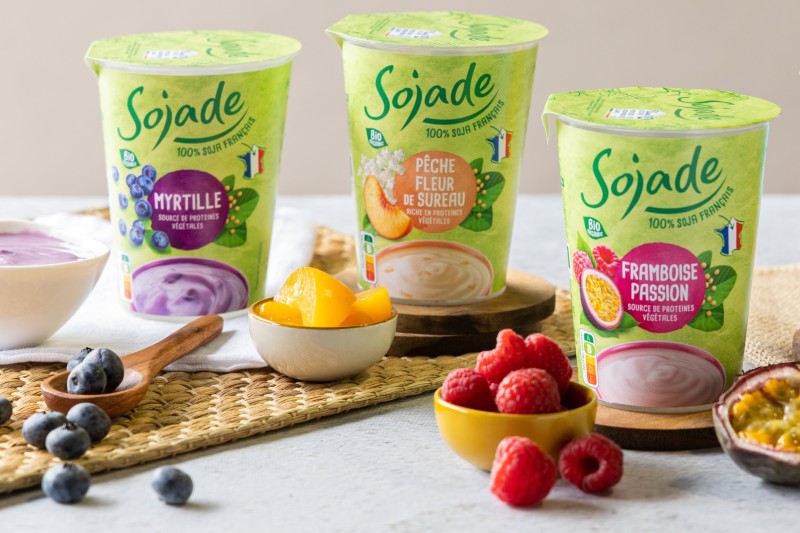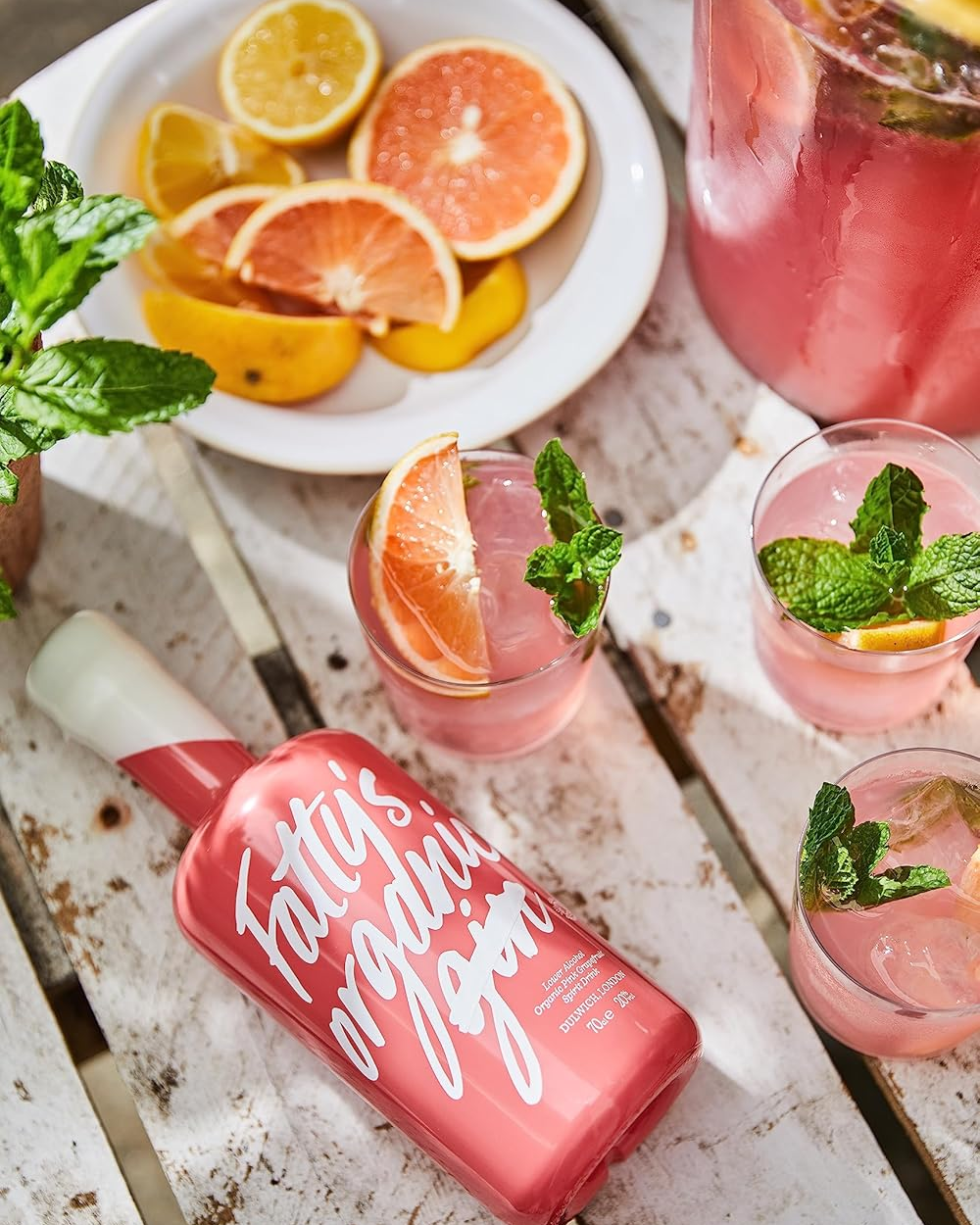Sojade (organic soya yoghurts from France)

Sojade is a France yoghurt brand, made in a solar-powered factory, and only sold in health shops. They got rid of plastic lids years ago, and the flavours are more unique than the usual supermarket fodder.
The company buys beans that do not come from cleared rainforest land. This protects habitats and helps keep deforestation-linked emissions out of the supply chain.

Choose from:
- Strawberry: Light and fresh, great for children and quick breakfasts. Try it with sliced banana or a sprinkle of oats.
- Blueberry: Known for antioxidants. Works well with toasted seeds or a swirl of almond butter.
- Raspberry: A vivid, tangy note that cuts through granola. Perfect in overnight oats or a simple parfait.
- Cherry: Deeper and richer, with a dessert-like feel. Lovely with dark chocolate shavings or crushed pistachios.
Serving ideas:
- Spoon over granola for crunch.
- Blend into smoothies with frozen fruit and spinach.
- Use as a dessert topper with stewed apples or poached pears.
- Stir into warm porridge for a silky finish.
Why Are People Giving Up Dairy?

The dairy industry is huge. No-one denies that a small organic dairy farmer treats his cows well. But the big dairy industry (from where most dairy milk is produced – especially for all the by-products used in ready-meals etc) has huge welfare concerns.
It’s still the case in the UK that most male calves (of no financial use to the dairy industry, which is separate from the beef industry) are shot dead soon after birth.
Many cows spend their entire lives in factory farms, being inseminated and giving birth, then having their calves ripped from them soon after birth. Cows and calves have incredibly strong relationships, and will cry out loudly for weeks, if separated.
Some organisations are helping dairy farmers to transfarm over to growing more profitable oats, giving seeds and training. Remaining animals are then left to live out their lives in peace, akin to farm sanctuaries.






